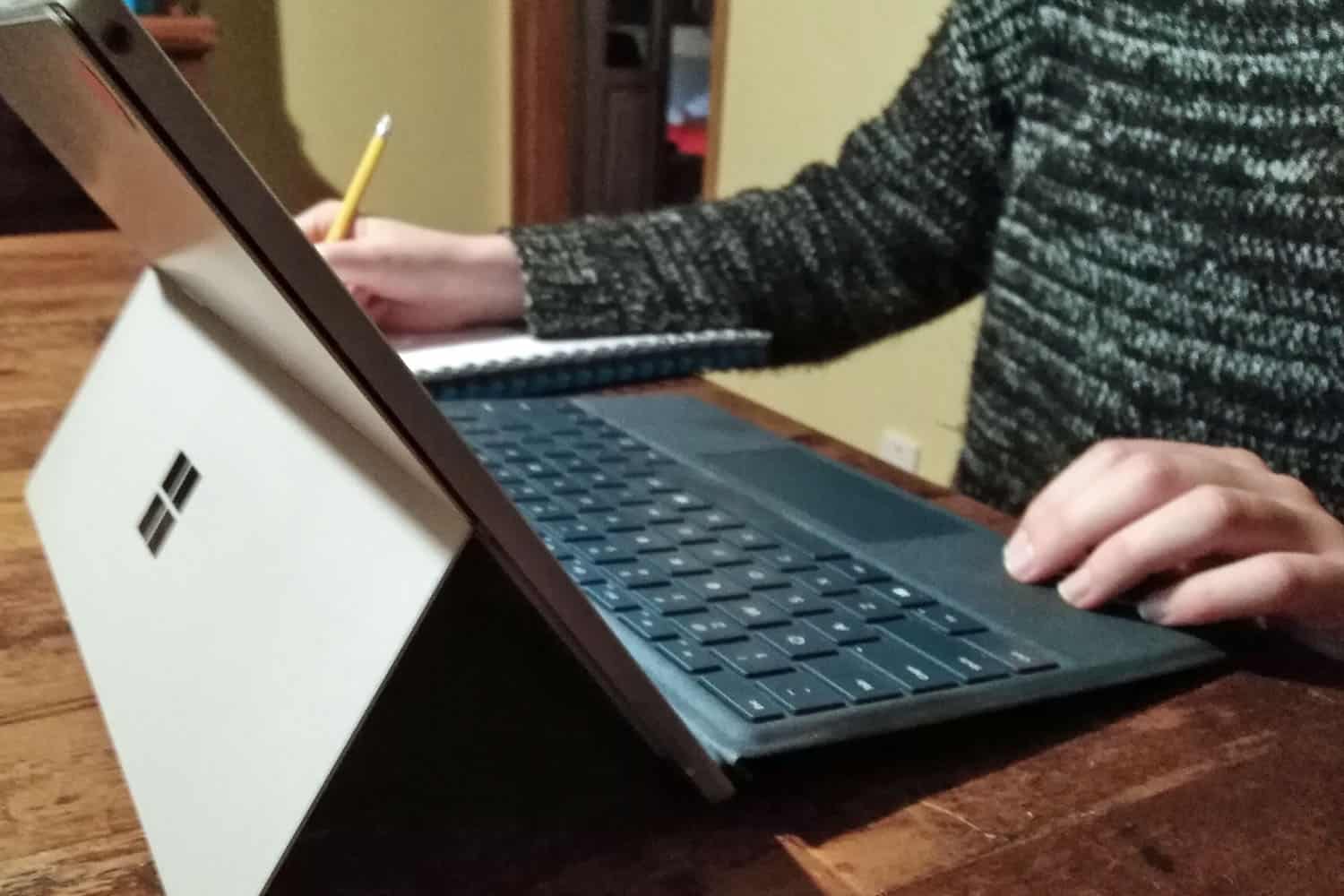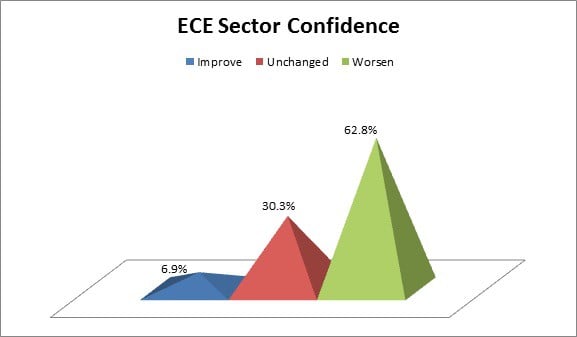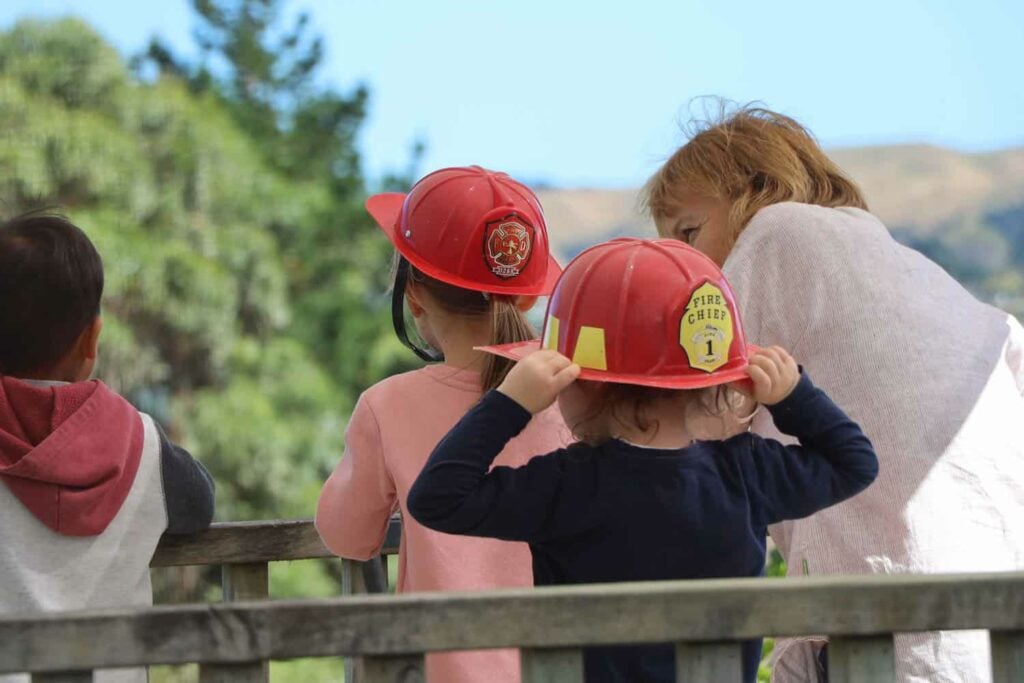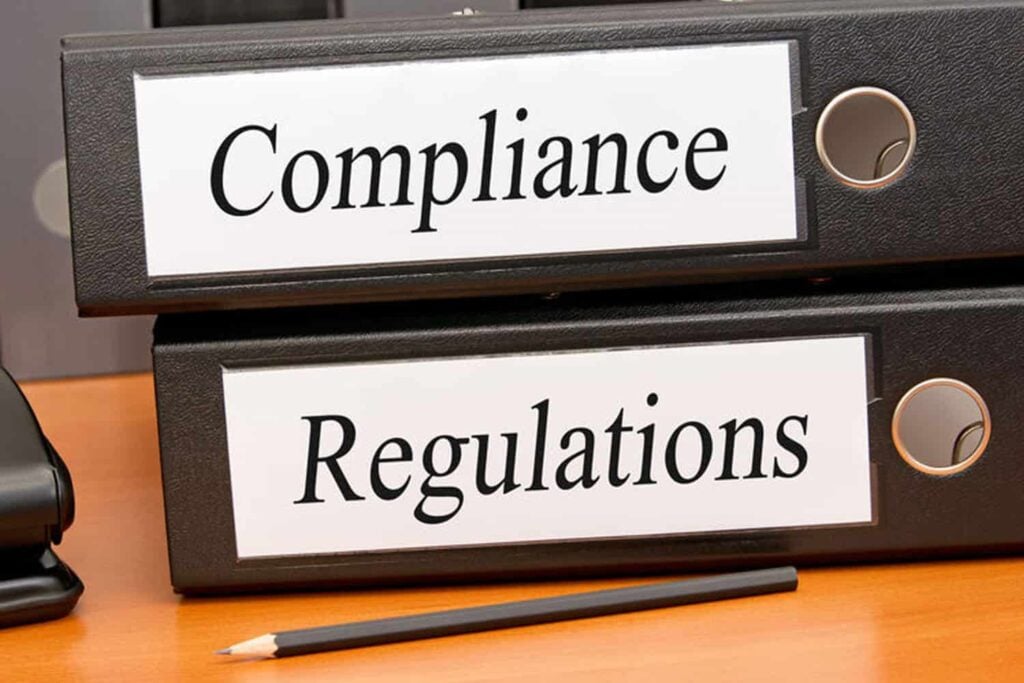The titles, authors and abstracts for papers published in the NZ International Research in Early Childhood Education Journal, Volume 23, No. 1, 2021 are shown below. To read any article a member login is needed – join us if you are not already a member. Many libraries subscribe to the journal so you may be able to view articles through your library’s system.
Order a copy of any article
Type in below the year, volume number and author(s) of the article you wish to order. The price per copy is NZ $19. Once you have completed your order it will emailed to you within 24 hours.
Original Research Paper
Huritao: Critical Reflection on Pedagogy Through Assessments
Sue Werry, Paula Cown and Roberta Skeoch
Toi Ohomai Institute of Technology, NZ
Abstract
Te Whāriki, Aotearoa New Zealand’s early childhood education curriculum states assessments need to make learning ‘visible’. This paper discusses how a particular form of narrative assessment, called trissessment, challenged kaiako (teachers) to reflect critically on their pedagogy. Trissessment uses the indigenous whaikōrero tikanga of tau utuutu (a speech making protocol) as a way of amplifying tamariki (children) and whānau (family) voices in the assessment process. Our project was a collaboration between researchers and kaiako-researchers of four-year-olds in an early childhood centre. Thematic analysis of trissessments and interview data obtained from kaiako and whānau revealed kaiako were paying much closer attention to tamariki through observation and listening; becoming more curious about what intrigued tamariki, thus deepening kaiako insights into children’s learning. As kaiako reflected critically on the learning that comes from the tau utuutu process, there was a profound shift in their pedagogy.
Key words: Assessment, pedagogy, reflection, practitioner research.
Full reference
Werry, S., Cown, P. and Skeoch, R. (2021). Huritao: Critical reflection on pedagogy through assessment. NZ International Research in Early Childhood Education Journal, 23(1), pp. 1 – 13.
Original Commentary
Preparing Students for the ‘Emotion Work’ of Early Years Practice
Carla Solvason, Angela Hodgkins and Nicola Watson
University of Worcester, UK
Abstract
This article explores the emotional demands made upon the early years practitioner. It is primarily a discussion paper, but it also draws upon empirical evidence from previous, small-scale research carried out by the authors with early years student practitioners. Our discussion explores the wide-ranging inter-personal and emotional demands placed upon the early years professional within a context of low status and limited acknowledgement of the complexities inherent in the role. We focus upon the demands of advanced empathy and the emotional aspect of working with children, parents and families. In this article we ask just how well-equipped early years students are for the emotional requirements of their future role and what we, as tutors, might do to better prepare them.
Key words: Role, emotional demands, professional practice, wellbeing.
Full reference
Solvason, C., Hodgkins, A. & Watson N. (2021). Preparing students for the ‘emotion work’ of early years practice. NZ International Research in Early Childhood Education Journal, 23(1), pp. 14 – 23.
Original Research Paper
Influences on SENCo Practice in Early Care and Education Settings in England
Hazel Richards
United Kingdom
Abstract
Special Educational Needs Co-ordinators (SENCos) play a key role in the identification of additional learning needs. Improved progress and potential for children with these needs is linked to early recognition and support. In England, early care and education (ECE) provision exists in a context of conflicting priorities, including differences in setting, culture, resources, experience, knowledge, skill and agreements with outside agencies. This presents challenges for SENCos who must navigate and secure support within this context.
This article presents findings obtained from qualitative data collected from participants working in ECE settings to investigate their experience of implementing Education and Health Care Plans. Data were analysed using a bio-ecological framework to reveal key influences perceived to make a positive difference in practice. These influences were routine collection of evidence; robustly held knowledge of developmental norms; introducing the possibility of Special Educational Needs and Disability (SEND); resources; and contact with children and families.
Key words: SENCo, bio-ecological framework, developmental norms, additional learning needs, early intervention.
Full reference
Richards, H. (2021). Influences on SENCo practice in early care and education settings in England. NZ – International Research in Early Childhood Education Journal, 23(1), pp. 24 – 38.
Research Note
Communities of Learning: Promoting Equity in ECE Policy and Practice
Fleur Hohaia-Rollinson, Anuja Jena-Crottet, Karen Illston, Jenny Malcolm, Kerry Purdue, and Alice Tate
Open Polytechnic/Kuratini Tuwhera, NZ
Abstract
Aotearoa New Zealand’s He Taonga te Tamaiti, Every Child a Taonga: Early Learning Action Plan 2019–2029 emphasises the right of every child to a high-quality, inclusive early childhood education. However, Education Review Office reports and research show that many children from a variety of diverse backgrounds are still not experiencing high-quality early childhood education (ECE) teaching and learning environments, which puts them at increased risk of poor educational and life outcomes. The role that initial teacher education and early childhood services play in preparing and supporting ECE teachers and kaiako to honour diversity, inclusion, equity and social justice in their pedagogy is therefore vitally important. In these communities, as in other education communities, the success of that role relies on the sharing of research, knowledge, exemplars, and resources. This article offers several equity-related discussion points and ideas for members of those communities as they work together to advance equitable educational opportunities for all tamariki/children.
Key words: Equity, He Taonga te Tamaiti, advocacy, initial teacher education.
Full reference
Hohaia-Rollinson, F., Jena-Crottet, A., Illston, K., Malcolm, J., Purdue, K. and Tate, A. (2021). Communities of learning: Promoting equity in ECE policy and practice. NZ International Research in Early Childhood Education Journal, 23(1), pp. 39 – 51.
Research Note
Supporting Teaching Practices to Foster Toddlers’ Emotional Literacy
Linda Rose Clarke, Tara Way McLaughlin, Karyn Aspden, and Tracy Riley
Massey University, NZ
Abstract
Most teachers of toddlers will be familiar with the challenges toddlers face as they negotiate the social and emotional landscape of an early childhood setting. Toddlers’ emotional literacy skills—including the abilities to recognise, understand, and appropriately express emotions—are just beginning to develop. To manage their emotional wellbeing, toddlers need support from their teachers, however, teachers may also need help to effectively foster toddlers’ wellbeing and their developing emotional literacy. In this research note, we describe a structured observation and feedback professional development project focused on teaching practices to foster toddlers’ emotional literacy. The approach to observation and feedback may be useful in helping teachers develop a repertoire of teaching practices to foster toddlers’ emotional learning.
Key words: Professional development, feedback, emotion, social-emotional learning, wellbeing.
Full reference
Clarke, L.R., McLaughlin, T. W., Aspden, K. & Riley, T. (2021). Supporting Teaching Practices to Foster Toddlers’ Emotional Literacy. NZ International Research in Early Childhood Education Journal, 23(1), pp. 52 – 58.
Original Research Paper
Early Childhood Teacher Education During the COVID-19 Pandemic. Perspectives of Caribbean Pre-service Teachers
Zoyah Kinkead-Clark
University of the West Indies, Jamaica
Abstract
The COVID-19 pandemic has had a tremendous impact on the Caribbean’s education systems. Though much has been examined relative to its effect on primary and secondary education, it was also noted that other levels of education have also struggled. This qualitative study examined how five early childhood pre-service teachers from Belize and Jamaica navigated their final year Teaching Practicum in light of the numerous changes faced by early childhood institutions. Three themes were reported: invaluable experience, inadequate preparation, and working with families. The findings of this study have implications for how lessons learned from education in the COVID-19 era are harnessed and can be used to inform approaches to teacher education. It is recommended that these approaches be aligned with the goal to provide Caribbean early childhood teachers with the skills to support children to be 21st century ready.
Key words: Teaching practicum, Covid-19, pre-service teachers, initial teacher education.
Full reference
Kinkead-Clark, Z. (2021). Early childhood teacher education during the COVID-19 Pandemic. Perspectives of Caribbean pre-service teachers. NZ International Research in Early Childhood Education Journal, 23(1), pp. 59 – 68.









